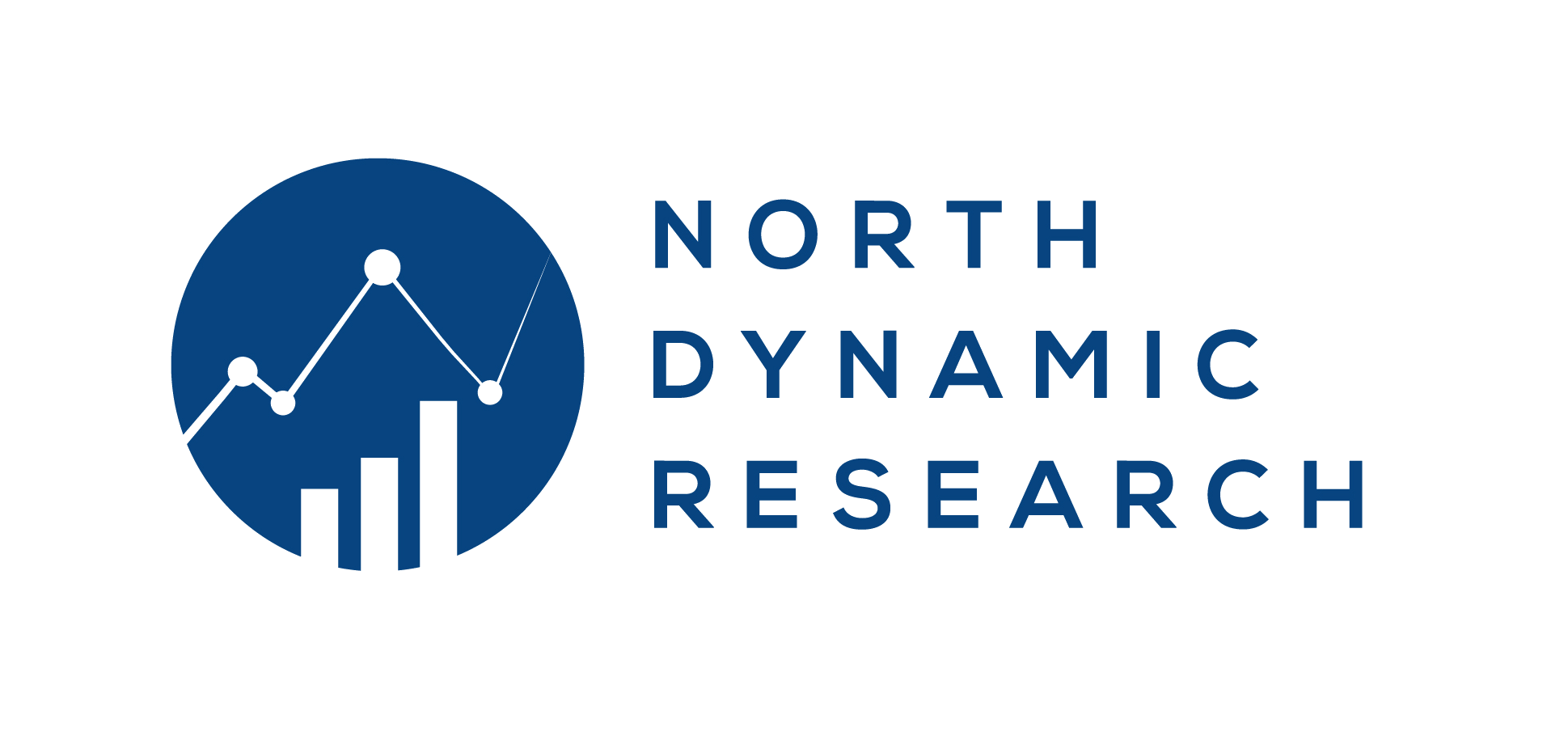Business Intelligence or “BI” is a series of practices that help organizations make smarter decisions. BI combines Data Science, Business Acumen, and subject matter expertise to leverage data to make smarter decisions. BI provides organizational decision-makers the empowerment, evidence, and knowledge necessary to take organizations to new heights. How does it work? Keep reading to find out.
Getting Results
BI uses data from the whole organization to provide insights to get results. Every organization is on the precipice of exponential growth. BI is what can make the difference between ascending the mountain and rolling backward into obscurity. BI analyzes all of an organization’s data and external data to deliver data-driven key insights and results-oriented recommendations. Your organization is always looking to do new, different, and better things, but with all the options, BI can tell you which of these initiatives will provide the greatest return on your efforts. Suppose you want to start some new sales initiatives, BI can tell you which ones will be most profitable, which ones will get the most traction, and which ones will have the greatest ROI. Suppose your organization is experiencing exponential sales growth but your labour force can barely keep up, BI can tell you which processes are the least efficient, take up the most time, and where those efficiencies can be gained to scale your business quickly. With data-powered dashboards, reports, and real-time analysis you can see instantly what’s working, what’s not, and where to go next.
Data Science
Every organization has data, ranging from POS sales, booking and scheduling, payroll, expenses, HR staffing, and so much more! BI uses all this data, breaking down silo’s to look at all of this data at once. BI uses data science techniques to compare not just sales with expenses to provide profitability, but also looks at HR data to compare labour force metrics against revenues and determine the optimal scheduling for maximum profitability. BI also looks at external data to understand the impacts of external market factors on your organization. BI analyzes all financial data to provide the insights necessary to maximize profit makers and minimize costs and liabilities. BI uses data science techniques also to compare the impacts of organizational processes and practices on organizational outcomes and tracks the success of initiatives throughout the entire growth journey. BI works with more than just financial data, BI can leverage all data within your organization to provide a holistic approach to exponential growth.
